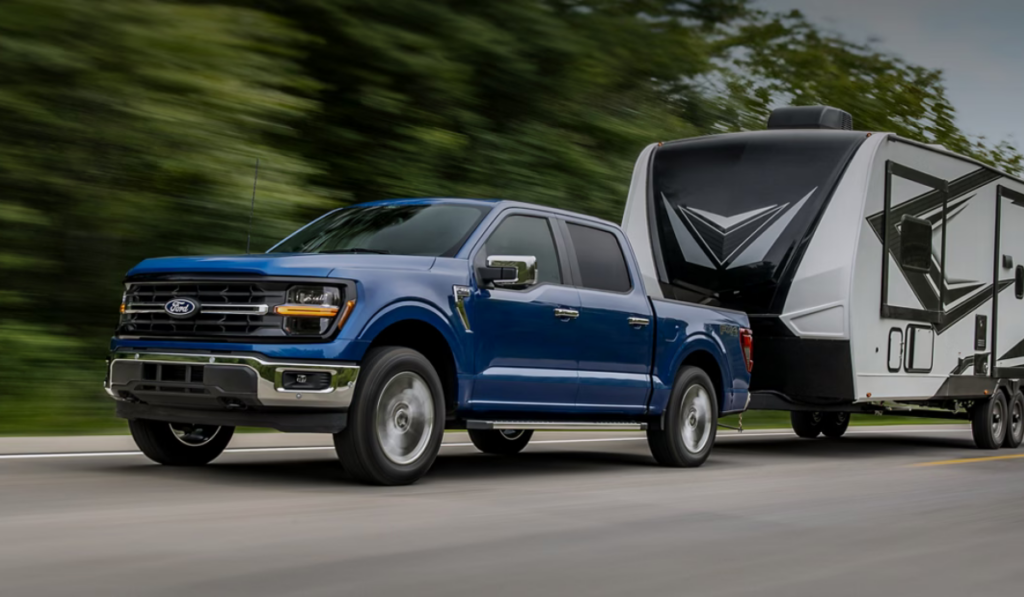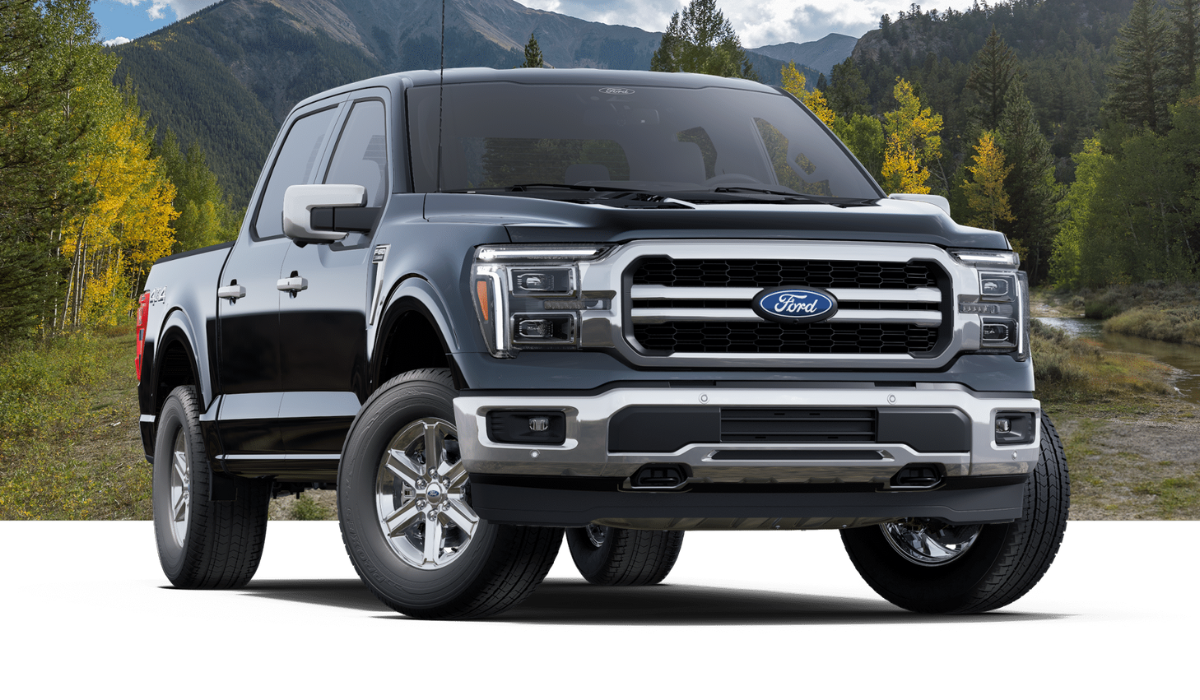Ford has announced a halt in production of its F-150 Lightning electric pickup truck, a decision set to impact the EV market significantly. The pause, beginning November 15, 2024, and lasting until January 6, 2025, reflects Ford’s response to declining demand, mounting competition, and financial strains in its electric vehicle division. The production stoppage follows Ford’s recent announcement of anticipated losses totaling $5.5 billion for the Model e division, despite expected revenues of $1.2 billion for the year. This move, Ford officials say, will allow the company to reassess and optimize production based on consumer interest and profitability considerations.

The F-150 Lightning, produced at Ford’s Rouge Electric Vehicle Center in Dearborn, Michigan, was initially launched as Ford’s flagship effort to gain a foothold in the rapidly growing EV market. Yet, since its debut, the EV landscape has shifted dramatically. Tesla’s Cybertruck, which recently surpassed Ford’s Mustang Mach-E as the third best-selling EV in the U.S., poses a considerable challenge. General Motors (GM) has also outpaced Ford in EV sales for the third quarter of 2024, selling over 32,000 EVs compared to Ford’s 23,509. These developments highlight the intensifying competition Ford faces from both well-established and emerging players in the EV sector.
As the market adapts to these shifts, Ford’s decision also points to larger questions surrounding consumer demand for EVs. While Ford’s F-150 Lightning witnessed an 86% increase in sales this year, actual demand has fallen short of initial expectations, leading to what some analysts describe as “bloated” inventories. The combination of high production costs, evolving consumer preferences, and a competitive EV market has compelled Ford to reevaluate its production strategy. Ford CEO Jim Farley recently highlighted the company’s strategic shift toward hybrid vehicles, underscoring those hybrids, which have been popular for Ford’s F-150 and Maverick models, present a profitable opportunity and face less direct competition in the market source.
Looking forward, the production pause raises critical questions about Ford’s EV strategy, particularly in Michigan, a key swing state where EV policies are a focal point in upcoming elections. Industry analysts predict that Ford may lean further into hybrid technology and diversify its product offerings to navigate this complex market environment.













